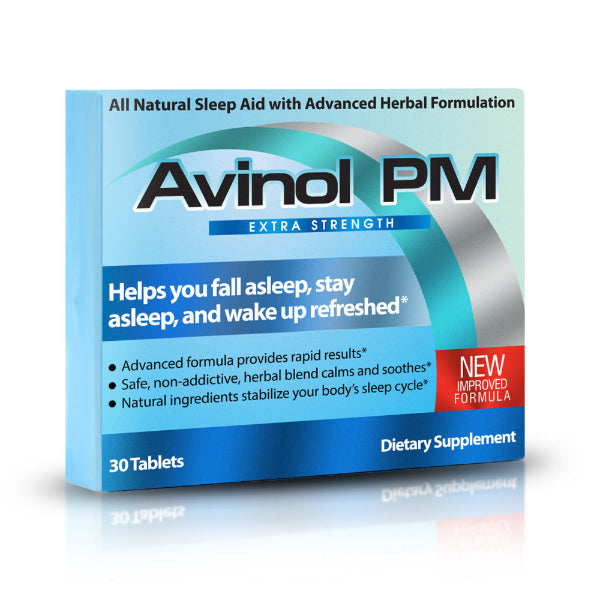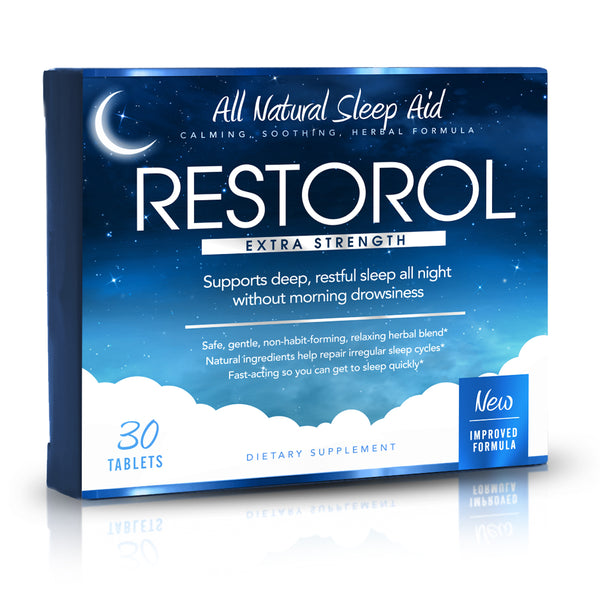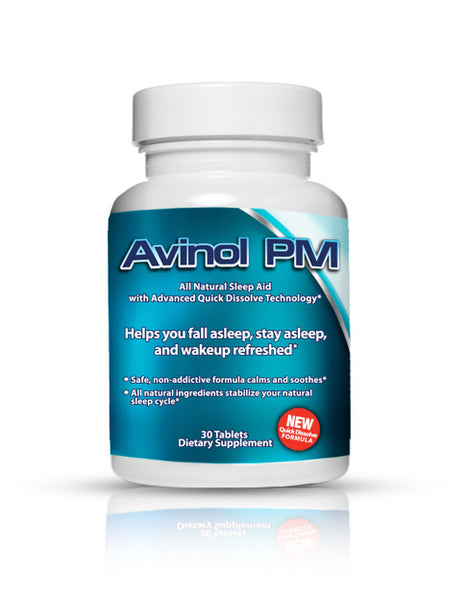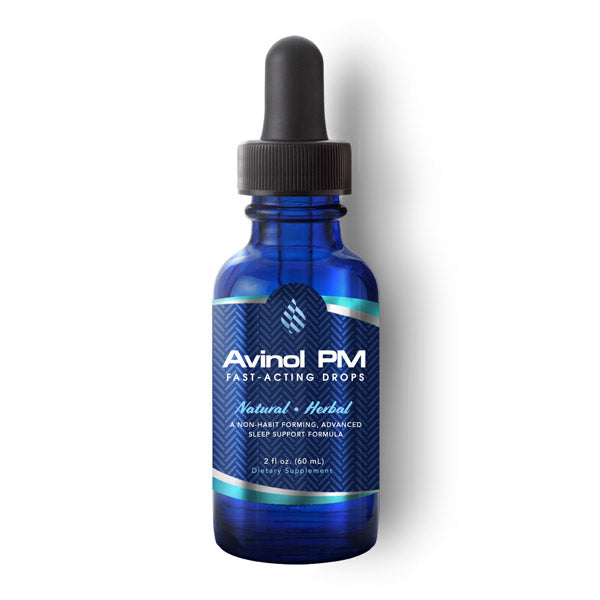Natural Plants Proven to Help You Sleep at Night
Table of Contents
Mother Nature's bounty often knows no bounds. There are scores - if not hundreds - of plants that can have wonderful benefits for your health. There are even specific plants that can help you sleep better at night. Whether you ingest them (via an herbal sleep supplement) or simply have them hanging around the house, the fresh air plus the botanical compounds can help you get a great night's sleep.
Decorating Your Bedroom With Sleep-Friendly Plants
Exercising your green thumb isn't just for the outdoors anymore. Getting your garden on inside your bedroom can help you set up a perfect sleep environment:
- Valerian - Just so you know, this isn't the only time you're going to see valerian on this list. But it's as effective at helping people sleep as it is versatile. Because of its sweet-smelling flowers, people have been happy to keep this plant around since the 1500's. Its aroma is said to be so potent that taking a single whiff or adding some petals to your bathwater can induce sleepiness.
- Lavender - this is another sweet-smelling flower that makes people want to nod off toward dreamland. Simply having this fragrant plant in your bedroom can help reduce blood pressure, improve sleep quality, and even calm fussy babies.
- Aloe Vera - This plant is so great at improving the environment of a room, even NASA recommends keeping a pot of it indoors. It's a sturdy plant that helps re-oxygenate indoor areas very efficiently, and you can use the gel from inside the leaves to cure everything from sunburns to dry skin and more.
- Gardenia - some scientific research suggests keeping a gardenia around can be as effective as valium at promoting sleep and relaxation. Gardenias are beautiful plants with a pleasant aroma, but they are not for the feint of heart. They require a lot of attention to stay healthy - but if you're willing to put in the effort, it can seriously pay off.
- Areca Palm - If you need a humidifier at night in order to sleep comfortably, there may be a cheaper, more organic option. Areca palm plants are particularly well known for releasing more moist air into the atmosphere than your average houseplant. This can even benefit people whose colds or sinus problems also need moist air in order to sleep comfortably.
Make Yourself Some Relaxing Herbal Tea
So maybe indoor gardening isn't your thing, or maybe your particular living situation isn't amicable toward houseplants. There are other plants that can help you improve your sleep, and other ways to get them into your system. One of the best ways is to make your own herbal tea; that, or you can buy special blends with any/all of the ingredients listed below.
Valerian
Yes, valerian made this list twice. If caring for the actual flora isn't up your alley, there are plenty of herbal teas and supplements that contain this sleep-inducing plant. And it has a long history of being used to help with sleep problems all the way back to ancient roman times, so you know it's got some potency.
Passionflower
Passionflower can help work synergistically with other botanical herbs designed to help prevent sleep deprivation. Together with plants like valerian and chamomile, it has special compounds that promote relaxation by increasing the amount of GABA in your brain.
Lavender
Having a lavender plant or the smell of lavender handy isn't the only way you can benefit from this sleep-friendly plant. Studies show that lavender helps reduce blood pressure, heart rate, and increases the amount of deep sleep people get each night. Plus, it can be a pleasant addition to some of the less palatable bedtime teas out there.
Hops
In combination with valerian extract, hops have also been tested and proven an effective herbal remedy for sleep disturbances at night. Two clinical studies have shown that a combination of hops and valerian root can improve sleep quality, reduce the time it takes to sleep, and help people with sleep problems feel more relaxed.




